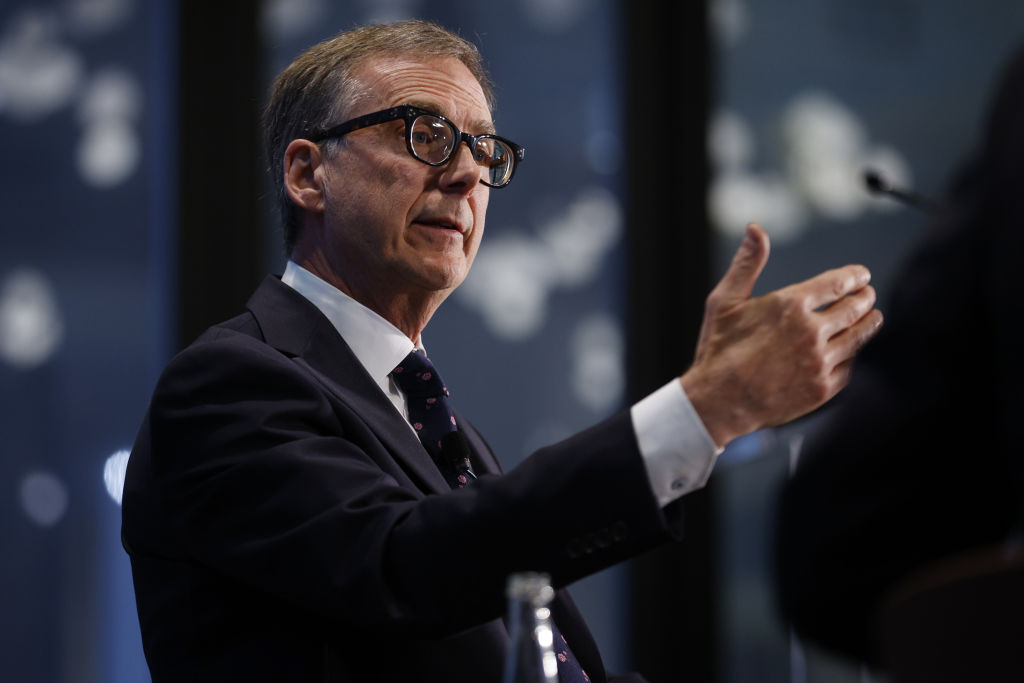Despite positive developments on the inflation front, the Bank of Canada won’t rest until it returns to the Bank’s 2% target. And rate hikes remain in the Bank’s back pocket if need be.
That was the message from Bank of Canada Governor Tiff Macklem on Thursday while speaking to the Toronto Region Board of Trade.
“I’m here to talk about staying the course to price stability and getting the rest of the way back to the 2% target. Monetary policy still has work to do,” he said, while acknowledging the progress that’s been made to date.
The headline consumer price index has fallen to an annualized growth rate of 4.3% as of March, down from a peak of 8.1% reached last June.
The Bank of Canada’s current forecast is for the inflation rate to continue to ease to about 3% by this summer. But Macklem reinforced that the Bank won’t stop there.
“In this context, I want to be clear: our job is not done until we restore price stability—in other words, until inflation is centred on our 2% target,” he said. “If we start to see signs that inflation is likely to get stuck materially above our 2% target, we are prepared to raise rates further.”
The biggest upside risk to inflation currently is services price inflation remaining more persistent than expected, the Governor added. And for services price inflation to fall enough to allow overall CPI to get back to 2%, Macklem said “the labour market needs to rebalance, corporate pricing behaviour needs to normalize, and near-term inflation expectations need to come down further.”
Monetary policy’s downside risks
While reminding markets that rate hikes aren’t fully off the table, Macklem also touched on downside risks to the Bank’s forecast, the biggest being the potential for a “severe” global recession, triggered or made worse by financial instability.
He referred to recent financial market volatility triggered by the collapse of Silicon Valley Bank and Signature Bank in the U.S., as well as a government-brokered deal that involved UBS taking over Credit Suisse.
We also stand ready to address financial instability. Recent global financial stresses have had muted effects here in Canada, but if more severe stress emerges, we have the tools to provide liquidity while we continue to work toward restoring price stability.
Despite the effects being “muted” in Canada, Macklem said financial stability risks remain. “If global financial stress were to re-emerge and prove more pervasive, the spillover effects into Canada could be more significant,” he said, adding that the BoC has “a range of tools” that can be used to support liquidity and “keep credit flowing.”
Monetary policy is working
While the Bank of Canada’s job isn’t yet done in bringing inflation back down to 2%, Macklem did touch on the progress that’s been made to date.
“This tighter monetary policy is working. Demand for goods is slowing because higher interest rates are restraining household spending,” he said. “And the supply of goods is improving as global bottlenecks ease and lower energy prices reduce shipping and production costs.”
The end result has been a steady drop in inflation. However, getting it down from 3% to the end goal of 2% “is going to be more difficult,” Macklem said. “Our current projection has that happening only by the end of 2024.”
Featured image: Cole Burston/Bloomberg via Getty Images


